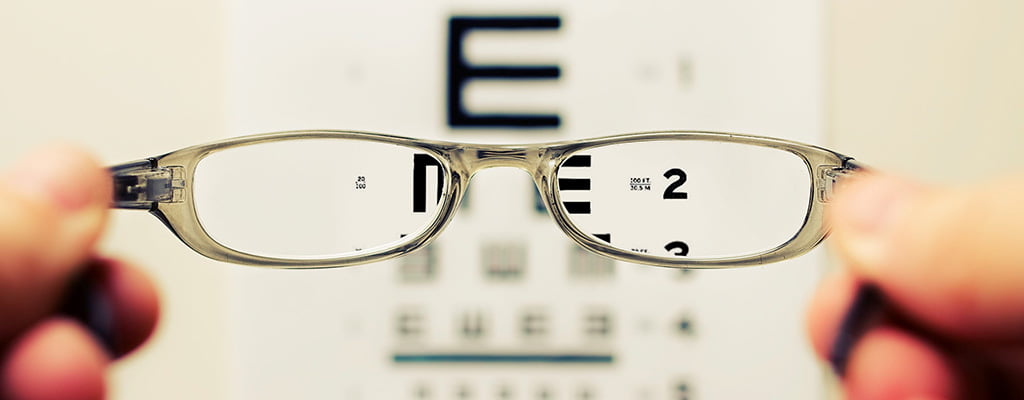
Eyesight can deteriorate over time and previously strong vision can become poor. If eyesight problems are left unaddressed, they can often lead to poor reaction times to unexpected hazards or the behaviour of other road users. Today’s tips offer advice to give to your drivers on eyesight and driving:
- Book regular check-ups. Eyesight can deteriorate over time without noticing. If you have noticed even a slight deterioration with your eyes, we recommend a visit to the optician for a check-up; this should be done on a regular basis (every two years) and it’s free for the over 60s.
- Take a break: eyes get tired too. If travelling for long periods of time, you should take a break every two hours or every 100 miles, whichever is sooner. This will refresh you and your eyes, keeping you alert.
- Driving at night can be problematic as our eyes become less sensitive to light over time. Avoiding night time driving is a wise precaution if you are starting to struggle to see clearly after dusk.
- Keep a pair of sunglasses in the car in all seasons; low sun on a wet road will make you wish you hadn’t packed them away after the summer.
- Know the law. You must be able to read (with glasses or contact lenses, if necessary) a car number plate made after 1 September 2001 from 20 metres. Delegates on our training courses are required to demonstrate that they can pass this test before heading out on an on-road session.
- Stay hydrated. Water is very good in keeping you hydrated and is also good for your eyes with the added bonus of helping you maintain concentration while driving and riding.
IAM RoadSmart’s head of driving and riding standards, Richard Gladman said: “Deteriorating eyesight can often be a sign of other health problems so a check-up is a good idea. If you do have eye correction prescribed for driving make sure you use it, not having your glasses is a poor excuse when you have had a crash.”


